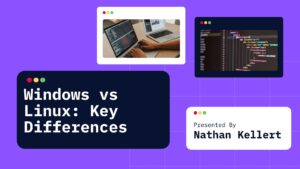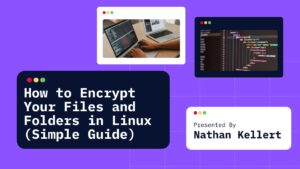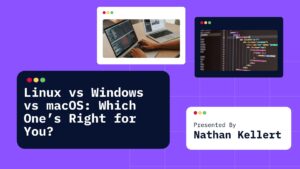So you’ve started learning to code and now you’re wondering —
“Can I actually make money with this?”
Yes. 100%. Even as a beginner. You don’t need to be a coding genius or have a computer science degree to start earning.
In 2025, there are tons of ways to make money as a Beginner Coder, even if you’re just getting started. Here’s how to do it step by step.
Table of Contents
Learn the Right Skills First
Before you go looking for money, make sure you know some basics. You don’t have to master everything, but you should feel comfortable with:
- HTML, CSS, and basic JavaScript (for web stuff)
- OR a beginner-friendly language like Python
- OR learning how to use no-code/low-code platforms if coding isn’t your thing yet
Choose one thing and get good at it. Don’t try to learn everything at once.
Start With Small Freelance Gigs
One of the easiest ways to start earning is with freelance jobs. You don’t need years of experience — just skills and a portfolio.
Where to find beginner coding gigs:
- Fiverr: Create services like “I’ll fix your HTML/CSS” or “I’ll write a Python script”
- Upwork: Apply for small projects like building landing pages or editing code
- Freelancer.com: Bid on low-entry jobs to get reviews and build trust
- Reddit (r/forhire): Post what you can do and your beginner-friendly prices
Pro tip: Offer something super specific and simple, like “customizing website buttons” or “writing a 3-line Python bot.”
Build and Sell Simple Projects
Another great way to make money coding is by creating small tools or apps and selling them.
Ideas you can start with:
- Chrome extensions
- Simple web calculators
- Landing page templates
- Python automation scripts
- Discord bots or Twitch bots
You can list them on places like:
- Gumroad or Lemon Squeezy
- Itch.io (for games and tools)
- CodeCanyon or GitHub Sponsors
Make a free version, then sell the full one for $5 to $15. Even a few sales a week adds up.
Try Bug Bounties and Microtasks
Some sites pay you to find problems in websites, code, or design.
Places to check:
- HackerOne (for security bugs)
- uTest or Testlio (for app testing)
- Microwork platforms like Amazon MTurk or Remotasks (not coding-specific, but still $$$ while you practice)
Also: helping people in coding forums or Discord servers often leads to paid requests over time.
Offer Help on Social Media
Post what you’re learning. Share mini projects. Help others. Then casually offer services like:
- “DM me if you need help with your site”
- “I can write you a Python script for $10”
- “Hit me up if your code is broken — beginner-friendly pricing”
You’d be surprised how many people don’t know code at all and will gladly pay you to do small stuff.
Teach What You Know
Even if you’re a beginner, there are always people behind you in the journey. You can teach what you learn and make money doing it.
Try these:
- Write blog posts or Medium articles with code examples
- Start a YouTube channel or TikTok for coding tips
- Sell beginner coding guides on Gumroad
- Post tutorials on Dev.to or Hashnode (some platforms even pay you)
People love learning from someone who just went through what they’re going through now.
Don’t Wait to Be “Expert-Level”
You don’t need to be a senior developer to start charging money. If you can solve a problem, you can make money.
In 2025, people care more about:
- Speed
- Simplicity
- Results
If you can build a form, fix a bug, or automate something, that’s valuable.
Bonus: Build a Portfolio (Even If It’s Small)
You don’t need 10 huge projects. Just make 2–3 mini ones that show what you can do. Examples:
- A personal website
- A simple weather app
- A to-do list with cool styling
- A chatbot or mini API
Put them on GitHub, or link them from your portfolio site. That way, when someone says “Got anything you’ve built?” you’ve got receipts.
Final Thoughts
Making money as a beginner coder in 2025 is totally possible, and you don’t need to wait until you’re a pro.
Start small. Offer value. Practice daily. Show your work. Be consistent.
Your first $10 might not come fast — but your second and third will come quicker once you get rolling.







